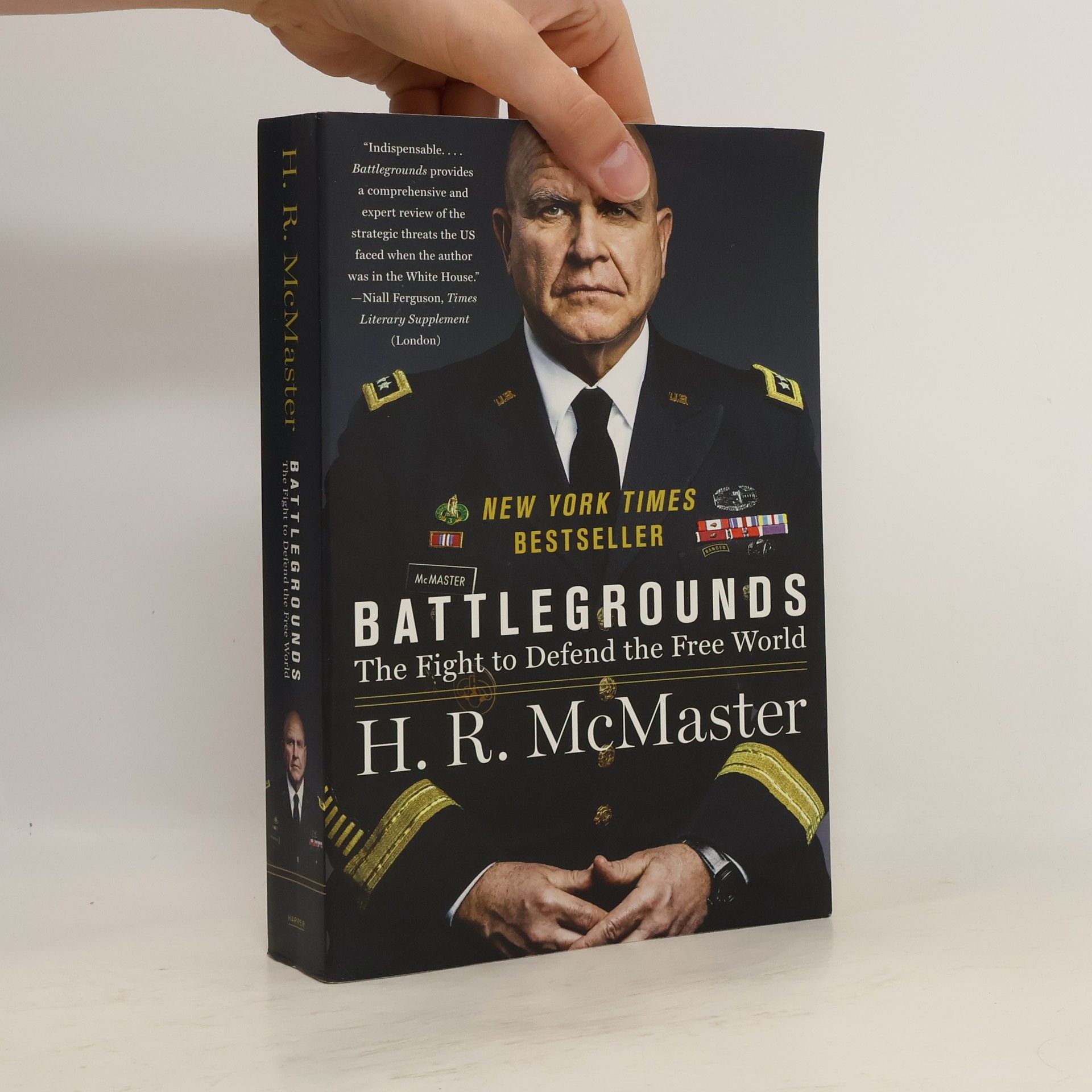Battlegrounds
- 576 stránok
- 21 hodin čítania
"Across multiple administrations since the end of the Cold War, American foreign policy has been misconceived, inconsistent, and poorly implemented. As a result, America and the free world have fallen behind rivals in power and influence. Meanwhile threats to security, freedom, and prosperity, such as nuclear proliferation and jihadist terrorism have grown. ... A central theme of the book is what [McMaster] calls "Strategic Narcissism"--A mind-set that all too often leads presidents and their advisors to craft policies based on wishful thinking and to define problems as one may like them to be rather than to understand them on their own terms. ... [Thee book] examines competitions with rivals Russia and China, hostile states Iran and North Korea, and across complex battlegrounds in South Asia and the Middle East. The book also describes new arenas of competition--in space, cyberspace, and those associated with emerging technologies. ... He describes efforts to reassess and fundamentally shift policies while he was National Security Advisor. And he provides a clear pathway forward to improve strategic competence and prevail in complex competitions with authoritarian powers, transnational terrorist organizations, and hostile states. ... to deploy Strategic Empathy to view competitions form the perspective of t"he other." [He] draw[s] from thirty-four years of service in the U.S. Army with multiple tours of duty in battlegrounds overseas and his thirteen months as National Security Advisor in the Trump White House."-- Provided by publisher

